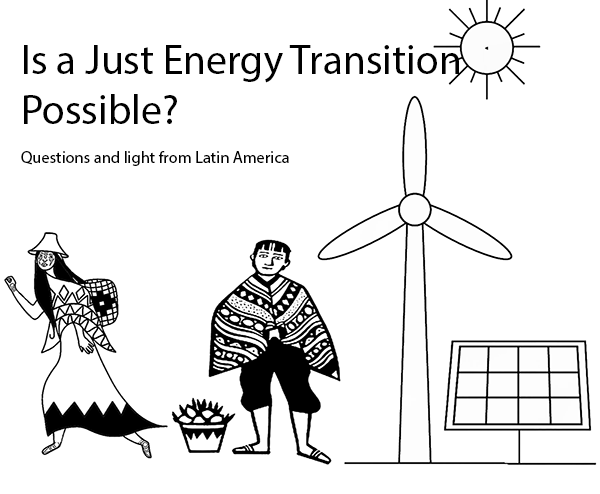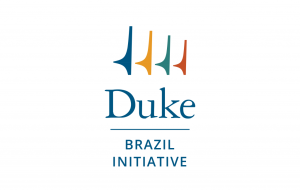Author: Miguel Rojas
Poster

ENERGY TRANSITIONS
IS A JUST ENERGY TRANSITION POSSIBLE? Questions and Light from Latin America
Decarbonizing the electric power system and electrifying transportation, cooking, heating, and other energy uses will require massive infrastructure development. Reducing carbon dioxide emissions will lower the chances of catastrophic climate change, reduce air pollution, and create other valuable co-benefits. But, at the same time, this transition will require significant land-use changes with the potential to disrupt numerous landscapes, ecosystems, and ways of thinking and living. Latin American scholars have called attention to the perils of a new green extraction-based economy that aestheticizes and invisibilizes dispossession, infringing indigenous rights and minimizing the urgency of their demands, all in the name of environmental causes.
This panel will focus on the energy transition in Brazil, Colombia, and Mexico. It will briefly review the stated government plans to decarbonize the energy system and its implementation challenges, paying particular attention to impacts on indigenous communities, peasants, and low-income urban dwellers. Panelists will review the prior consultation processes and specific cases of indigenous resistance to different energy infrastructure projects. Scholars and students from the humanities, environmental sciences, and power systems analysis will tackle the question: is a just energy transition possible?
February 22, 2024 | 1:25 PM to 5:00 PM
Grainger Hall. Field Auditorium.
Nicholas School of the Environment. Duke University. Circuit Dr, Durham, NC 27710
Moderated by:
Dalia Patino-Echeverri. Nicholas School of the Environment. Duke University
Speakers:
Nilton Bispo Amado. Brazil.
Especialista de Laboratório
Divisão Científica de Planejamento, Análise e Desenvolvimento Energético University of Sao Paulo, Sao Paulo, Brazil.
Mariana Traldi. Brazil.
Professor of Geography
Instituto Federal de Educação, Ciência e Tecnologia de São Paulo -IFSP, Sao Paulo, Brazil.
Ana Tamborrel. Mexico.
Climate Justice Manager at Iniciativa Climática de México, Mexico City, Mexico.
Mauricio Hernandez. Mexico.
Doctoral Candidate, Nicholas School of the Environment Duke University, Durham, NC, US.
Bernardo Pinilla Zuleta. Colombia.
Associate Professor, Director of the Department of Anthropology, School of Social Sciences Universidad Externado de Colombia. Bogota, Colombia.
Amanda Ullman. Colombia.
Doctoral Candidate. Department of City and Regional Planning University of North Carolina – CH. Chapel Hill, NC, US.

Sponsored by The Duke Brazil Initiative, WGELA, Nicholas School of the Environment
WGELA: Working Group Environment in Latin America.


![]()